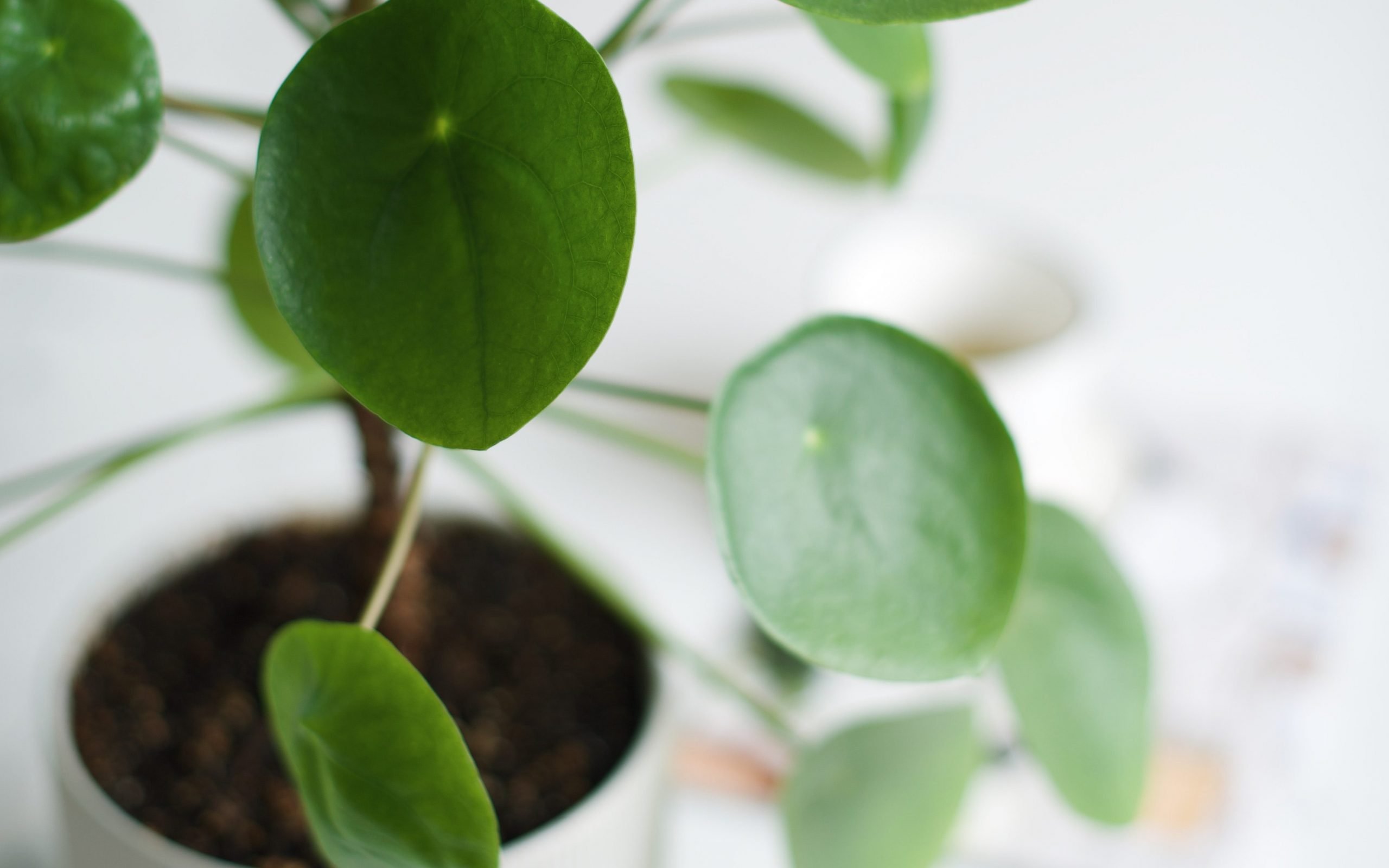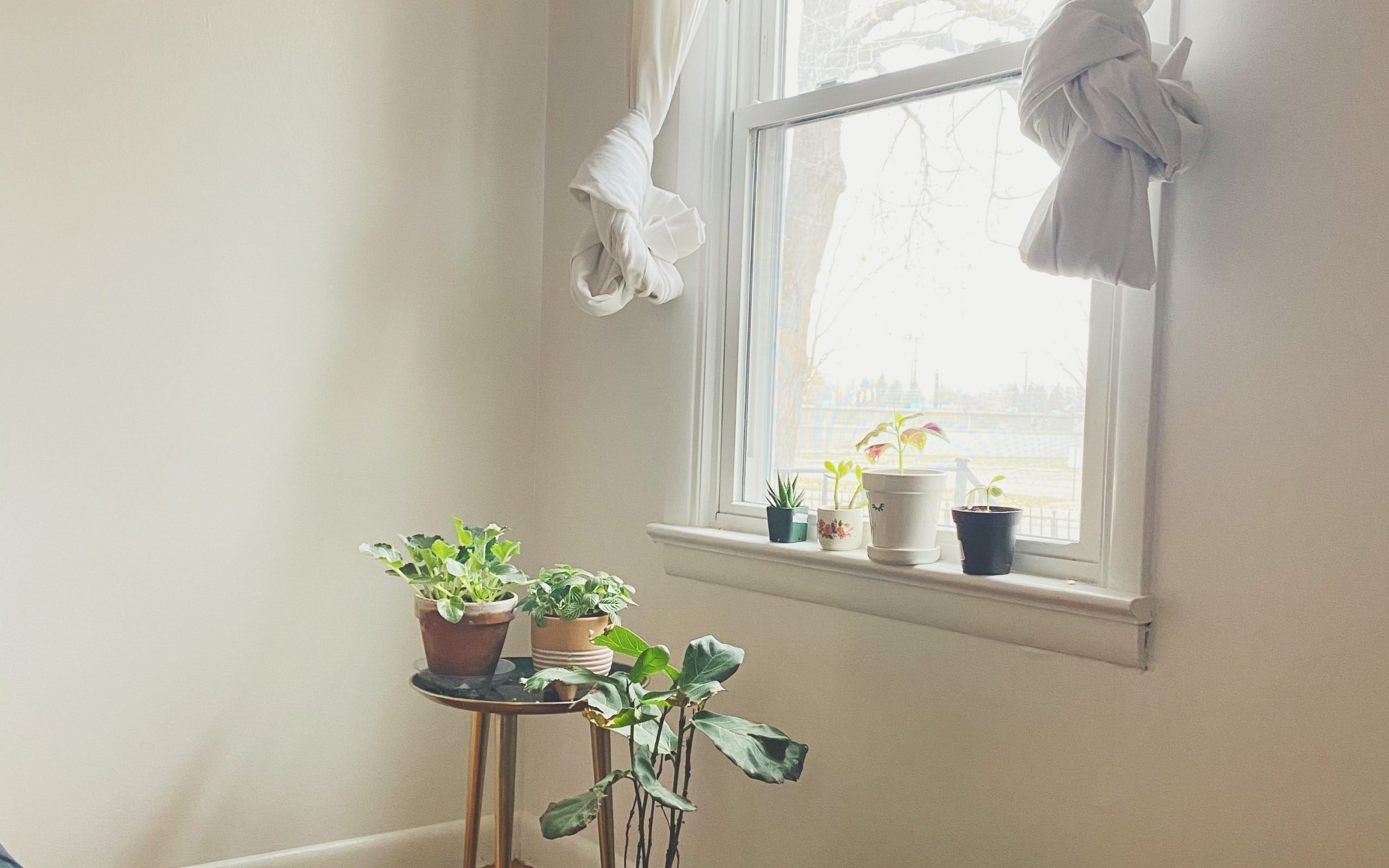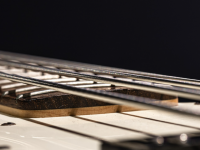Chinese money plant, or Pilea peperomioides, is a popular houseplant that has been cultivated for over 100 years. The plant is native to the Yunnan region of China, with specimens also found in Korea and Vietnam.
The plant is a wonderful air purifier that’s part of the stinging nettle family, It is simple to care for, and returns the favor by refreshing the air! However, It isn’t the most productive air cleaner, so you really owe it to yourself to have many of them in your home.
Luckily, it’s also quite easy to take cuttings.
The distinctive flat, round leaves of the Chinese money plant make it different from the other plants. According to the legend, people used to place a coin in the soil with their Chinese money plant, so it would attract wealth.
If you suddenly start making more money, give your plant a real treat and place a gold coin in the soil.
Chinese Money Plant Care
A pot with drainage holes is required for the Chinese money plant.
Between waterings, the soil should mostly dry out, with more watering necessary in warmer, sunnier weather. If the leaves start to droop, it’s an indication that the plant requires water. To keep your Chinese money plant symmetrical, turn it at least once a week to avoid it from becoming uneven.
The thick leaves attract a lot of dust, so they may benefit from washing them once in a while or at least cleaning their leaves. During the spring and summer growing periods, give your plant a monthly dose of all-purpose plant fertilizer.
You can also put your plant outside as soon as the weather begins to warm up, but be careful that it does not receive direct sunlight.
Chinese Money Plant Propagation

Another reason why this plant has spread so far without being widely sold commercially is that it is simple to grow. Plantlets will eventually emerge from a happy plant, which you can remove from the parent. Cut the baby plant free from the mother plant using a clean, sharp knife following an inch or so below the soil line.
Plant it in a fresh container and keep the soil moist until it is firmly established and has begun to grow new leaves.
If you’re growing from trays, as is often the case with indoor gardens, you may expect that the stem will grow new plantlets. You can also cut these free and put them in water until roots develop in a week or two before attempting the same technique described above.
Chinese Money Plant Flowers
Mature Chinese money plant starts giving flowers. The flowers are unique in their own special Pilea way, and they’re perfectly cute and odorless.
Chinese Money Plant Leaves Curling
In its natural environment, the Chinese Money Plant mostly curls because of insufficient light, extreme temperatures, or watering mistakes. New leaves are naturally curled and will ease with time.
Bright, indirect lighting, frequent monitoring, and close attention to care can prevent and repair curling.
Usually, It’s difficult to understand why your plant got curling leaves, so you’ll need to look for other indicators to help you figure out the problem.
The majority of the form change in a Pilea peperomioides plant’s leaves is due to changes in the leaf water content. If you are overwatering your plant, the leaves will absorb more water than necessary, causing them to curl. Overwatering frequently leads to downward curling or doming of the leaves as they expand in order to maximize the amount of water they can hold.
If you believe that overwatering is the source of your Chinese Money Plant’s curling leaves, look for additional symptoms such as uniformly yellowing leaves, water accumulating in the drip tray, or indications of root rot.
Chinese Money Plant Brown Spots

As you may have already noticed, overwatering is the reason for most plant problems.
Dark spots are also a result of overwatering. The leaves of the Pilea will become discolored and damaged, and they will begin to fall off after it has been overwatered. Feel the soil if your plant is showing these symptoms. If it’s wet, wait until the soil is completely dry.
Check the care instructions for resuming a watering schedule with your plant.
Brown spotting can also be caused by too much fertilizer, excessive sun, or pests. If your plant is located somewhere that receives a lot of sunlight, try moving it to a shadier spot.
Is Chinese Money Plant Toxic to Cats?
Most cats can’t resist the long, silvery-green leaves of the Chinese money plant, which quiver in the lightest wind. However, as the plant’s saplings have slender, flexible stems, people, sometimes, put three or more trees in one container and braid the trunks together. This allows a curious cat to use the plants as a ladder.
The money tree plant is a beautiful houseplant that not only brings prosperity to a home but also is simple to take care of. However, if the plant may harm your cherished cat companion, it’s unlikely you’ll consider it good fortune. We heard a lot of people stating that the Chinese money plant is toxic for cats. However, the money tree plant is not poisonous to cats, still, it may cause stomach discomfort if swallowed.
Wrapping Up
The Chinese money plant is a popular houseplant that can be used as an ornamental addition to any home. It has been enjoyed by many people for centuries and now you have the opportunity to enjoy it too! This blog discussed questions like how to care for your Chinese money plants, where they originated from, and what they look like so you’ll know if one of them would make a good addition to your own home.
We hope we’ve helped answer some questions about this amazing flowering beauty!



